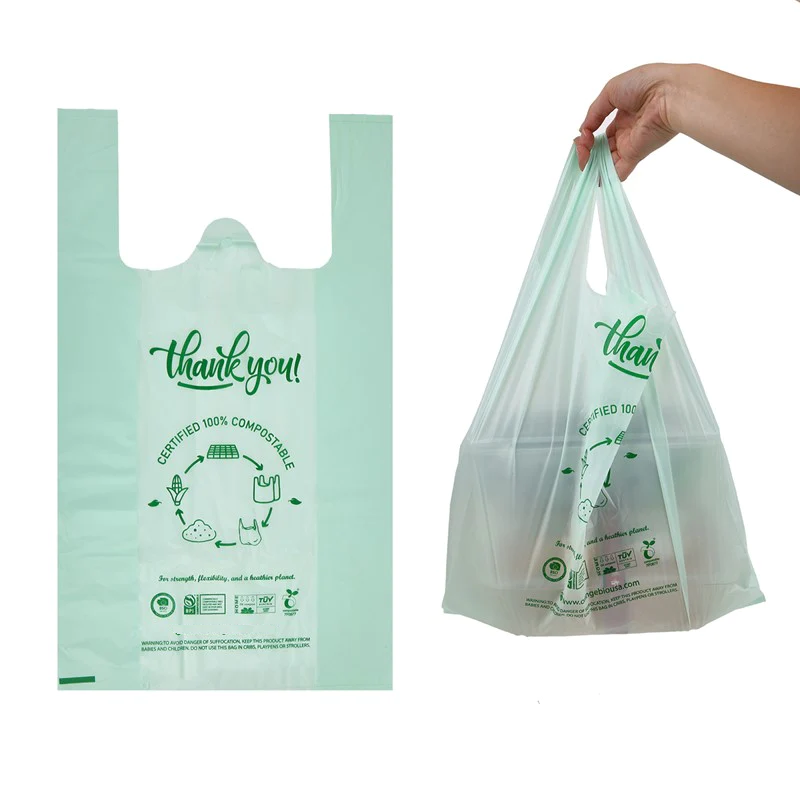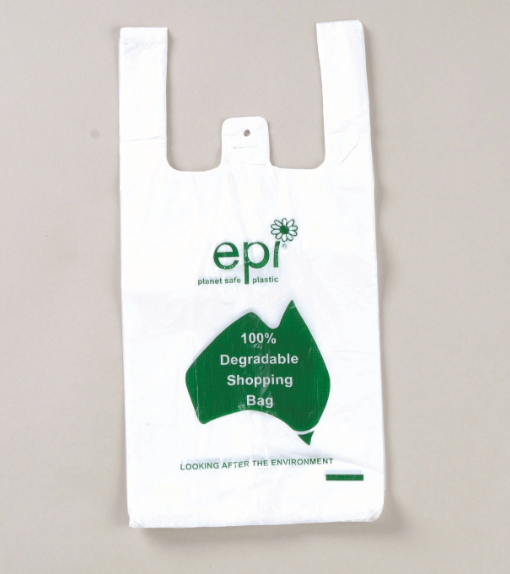Industry news
what are the difference of 100% biodegradable plastic bag and EPI or OXO degradable plastic bag?

100% Biodegradable Plastic Bag:
A 100% biodegradable plastic bag is designed to break down naturally through the action of microorganisms, such as bacteria or fungi, in the environment. These bags are typically made from plant-based materials like corn starch or vegetable oils, which can be decomposed by microorganisms into simpler organic compounds. The breakdown process results in the bag being converted into water, carbon dioxide, and biomass. This type of plastic bag is often referred to as "compostable" because it can be broken down in a composting environment, given the right conditions of temperature, moisture, and oxygen.

EPI (Oxo-degradable) Plastic Bag:
EPI or oxo-degradable plastic bags are conventional plastic bags that have been treated with additives. These additives accelerate the degradation of the plastic through a process called oxidation. Oxo-degradable plastics contain metal salts, such as cobalt or manganese, which act as catalysts to promote the breakdown of the plastic when exposed to oxygen and heat. The plastic bag fragments into smaller pieces but does not fully biodegrade. These smaller fragments can persist in the environment as microplastics for an extended period. Oxo-degradable plastic bags do not require specific conditions like composting for degradation to occur, but they typically require exposure to sunlight and oxygen.
Differences:
1. Biodegradability: 100% biodegradable plastic bags are designed to fully break down into natural elements, such as water, carbon dioxide, and biomass. EPI or oxo-degradable plastic bags, on the other hand, fragment into smaller pieces but do not fully biodegrade. Biodegradable bags offer a more environmentally friendly solution as they do not leave behind microplastic fragments.
2. Composition: Biodegradable plastic bags are often made from plant-based materials like corn starch or vegetable oils, which are derived from renewable resources. EPI or oxo-degradable bags are conventional plastic bags treated with additives to accelerate the degradation process.
3. Degradation Process: Biodegradable bags require specific conditions, such as composting facilities, to break down completely. EPI or oxo-degradable bags can degrade under ambient environmental conditions, but they often require exposure to sunlight and oxygen.
4. Environmental Impact: Biodegradable bags have a lower environmental impact as they break down into harmless substances and contribute less to microplastic pollution. EPI or oxo-degradable bags, although they fragment into smaller pieces, can persist as microplastics and have the potential to harm ecosystems.
It's important to note that regulations and certifications for biodegradable and oxo-degradable plastics vary by region. It's always recommended to check local guidelines and certifications to understand the specific properties and disposal methods of these plastic bags.

